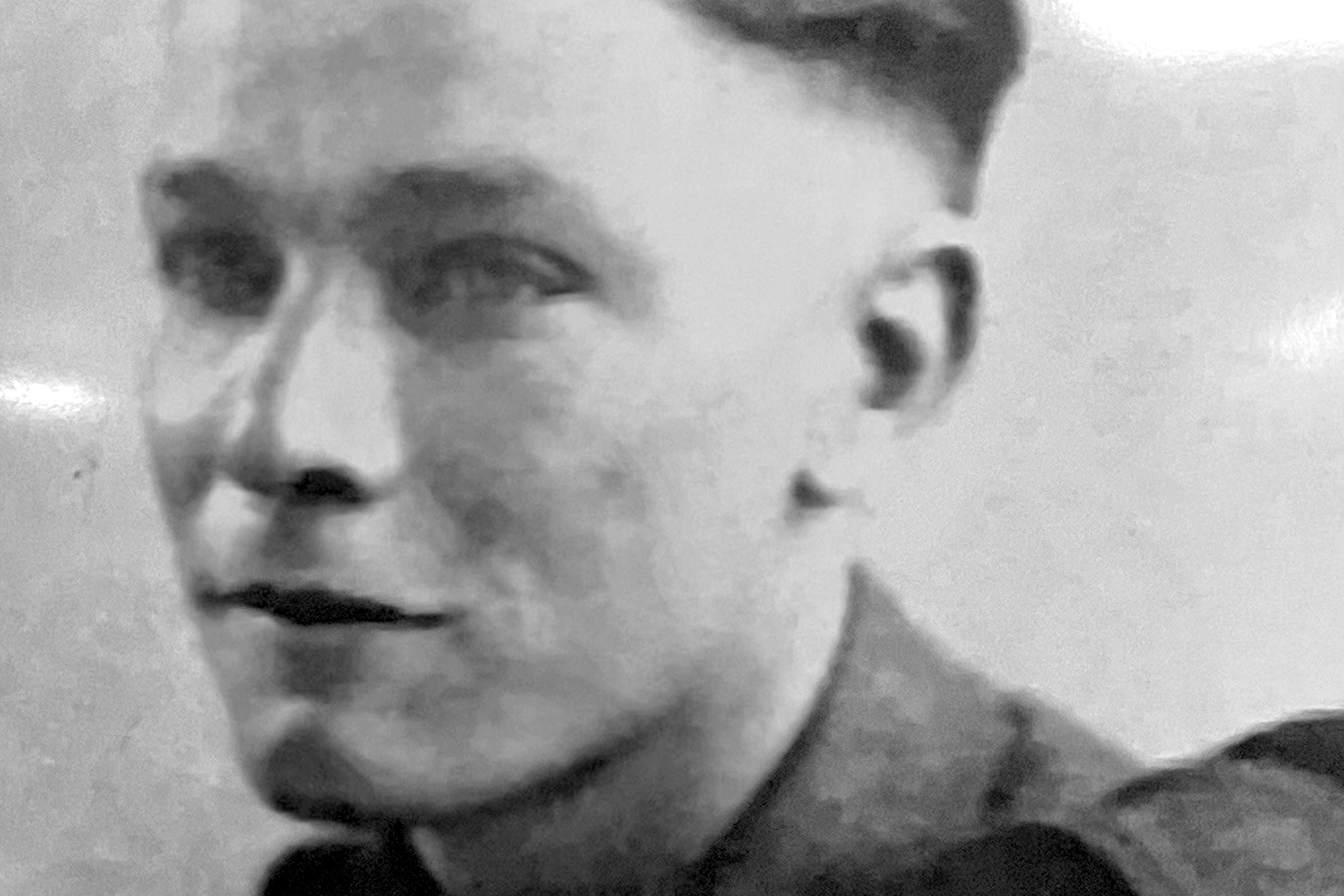D-Day veteran who flew into Normandy on a military glider dies aged 100
Bill Gladden survived being shot by a tank during the Second World War.

Your support helps us to tell the story
From reproductive rights to climate change to Big Tech, The Independent is on the ground when the story is developing. Whether it's investigating the financials of Elon Musk's pro-Trump PAC or producing our latest documentary, 'The A Word', which shines a light on the American women fighting for reproductive rights, we know how important it is to parse out the facts from the messaging.
At such a critical moment in US history, we need reporters on the ground. Your donation allows us to keep sending journalists to speak to both sides of the story.
The Independent is trusted by Americans across the entire political spectrum. And unlike many other quality news outlets, we choose not to lock Americans out of our reporting and analysis with paywalls. We believe quality journalism should be available to everyone, paid for by those who can afford it.
Your support makes all the difference.A “one in a million” D-Day veteran who flew into Normandy on a military glider and survived being shot by a tank has died at home aged 100.
Bill Gladden, of Haverhill, Suffolk, was just 20 years old when he arrived on a Hamilcar glider carrying a tank and six motorbikes on June 6, 1944.
He moved to an orchard just outside the French village of Ranville, near the strategically important Pegasus Bridge that the 6th Airborne Reconnaissance Regiment was tasked with protecting.
While holed up on June 17 he carried two of his fellow soldiers, who were wounded, into a barn that was being used as a medical post.
They died of their injuries and are buried in the Commonwealth War Graves Cemetery at Ranville.
Mr Gladden was himself injured by machine gun fire from a Panzer tank two days later, while brewing tea, and was carried into the same barn.
He was flown back to the UK with a severe leg injury and spent the following three years in hospital.
His family threw him a surprise party for his 100th birthday in January of this year and Mr Gladden was open-mouthed as a crowd sang Happy Birthday to him.
As people set off party poppers the veteran, who was brought into the party venue in a wheelchair, raised his cupped palms to his sides and mouthed “thank you”.
When asked later by a guest if he had any idea about the surprise, he replied: “No idea whatsoever.”
Mr Gladden died at home on Wednesday.
He was a regular on trips to Normandy and the Netherlands, as well as to events in the UK, with the Taxi Charity for Military Veterans.
Dick Goodwin, honorary secretary of the Taxi Charity, said: “Bill was one in a million who was adored by everyone he met.
“He had a wonderful gentle voice and loved nothing more than singing some of his favourite wartime songs.
“Earlier this year we had the joy of celebrating his 100 birthday in Haverhill and testament to the man he was, the hall was packed with all those who knew and loved him.
“Stand easy Sir, your duty is done.”
London cab driver and Taxi Charity for Military Veterans volunteer Paul Cook said it was “one of the biggest privileges in my life to have known Bill”.
“I will miss him dearly,” he said.
“He was one of our greatest heroes and also my friend. Travel well Bill.”
Mr Gladden, who grew up in Woolwich, south-east London, had volunteered for airborne duties and flew into Normandy from the former RAF Tarrant Rushton in Dorset.
He is survived by his daughter Linda Durrant and her husband Kenny, and his niece Kaye Thorpe and her husband Alan who cared for him in his later years.
Speaking earlier this year at Mr Gladden’s birthday party, Mrs Thorpe described the veteran as a “legend”.
She said: “He always says he didn’t do much because he got injured, he got wounded.
“He was only over there for about 12 days then he was three years in hospital.
“He had his ankle virtually blown off, shot off.
“It was hanging on by the Achilles heel. He was in a bad way.”
Mr Gladden was in the building trade before the war and subsequently worked in various jobs in factories and in payroll, Mrs Thorpe said.
She said he loved singing and painting, and had created watercolour artworks from his memories of the Second World War.